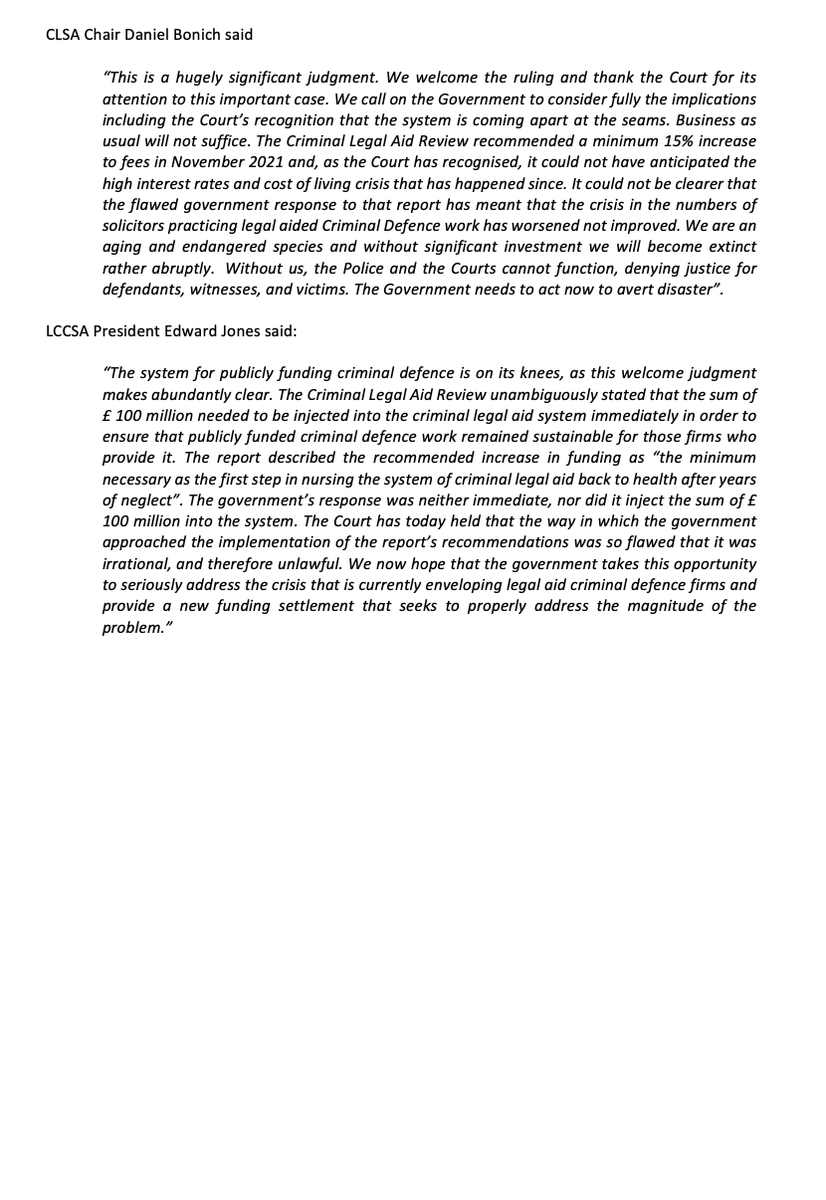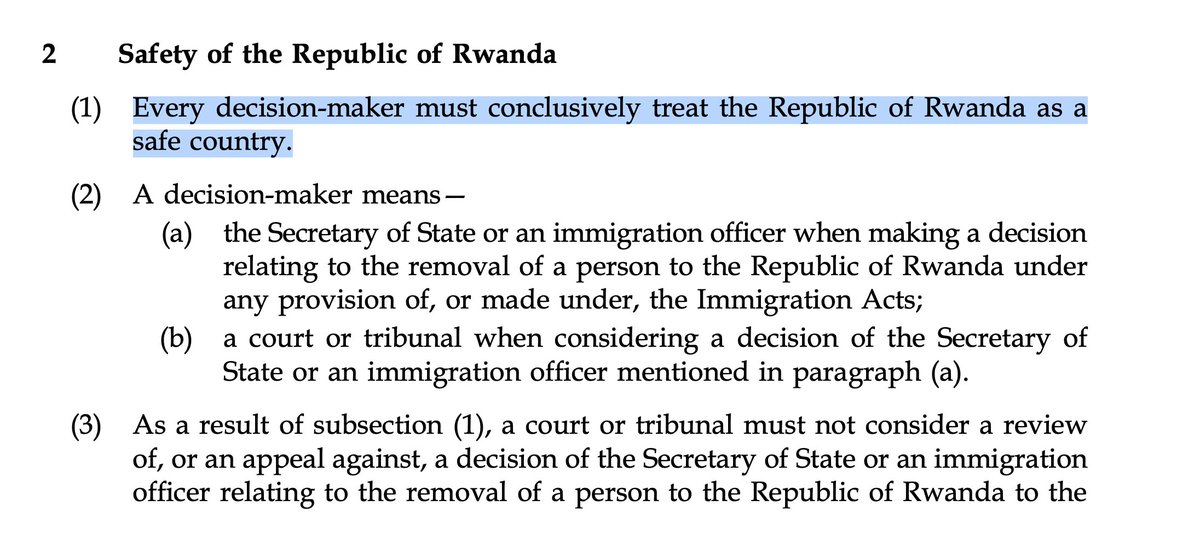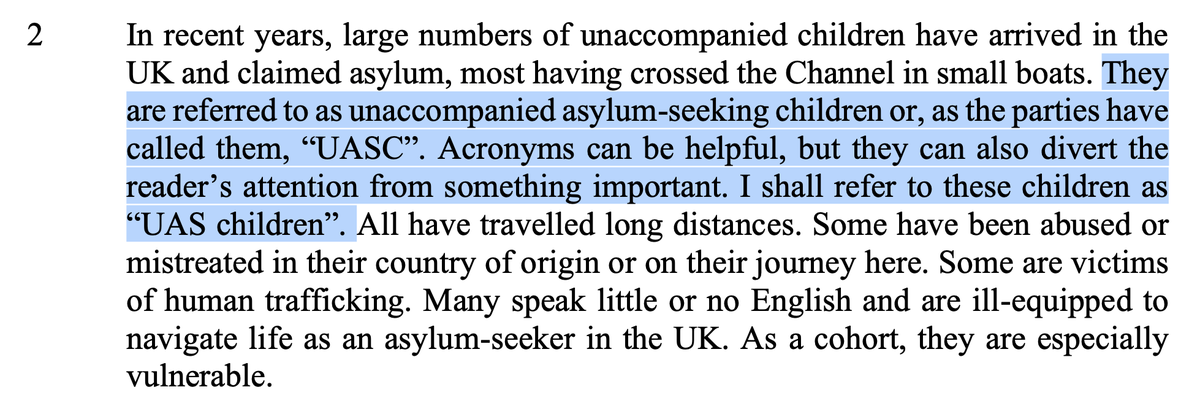Looking forward to delivering a couple of guest lectures for the human rights and public law module this year as a Visiting Professor at @GoldsmithsUoL
https://twitter.com/GoldsmithsLaw/status/1161715461135982593
@GoldsmithsUoL The human rights and public law module looks great. Covers the basics but also recognises the political relevance. Mulling what I can add. Hoping to be able to record my lectures and publish if possible
@GoldsmithsUoL It’s amazing how far human rights law has come since I studied it (briefly!) in my public law module at City in 2006-7. It feels like a really meaty area of domestic law now
• • •
Missing some Tweet in this thread? You can try to
force a refresh


















